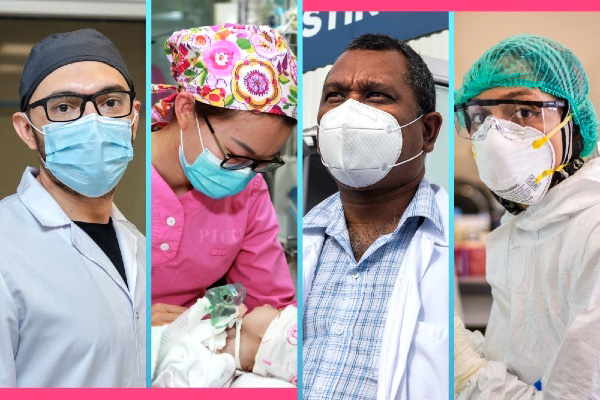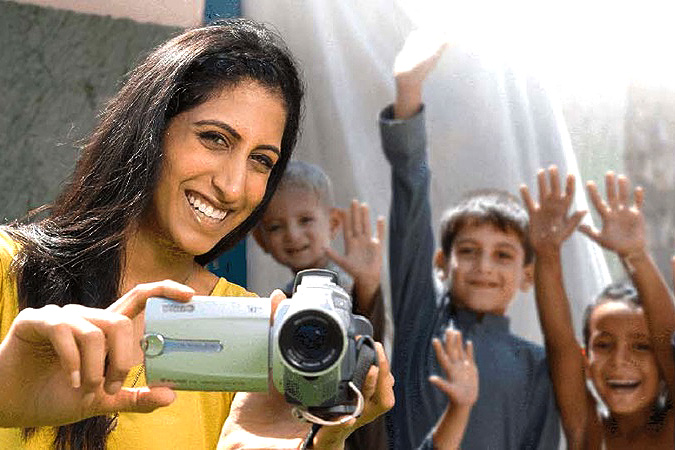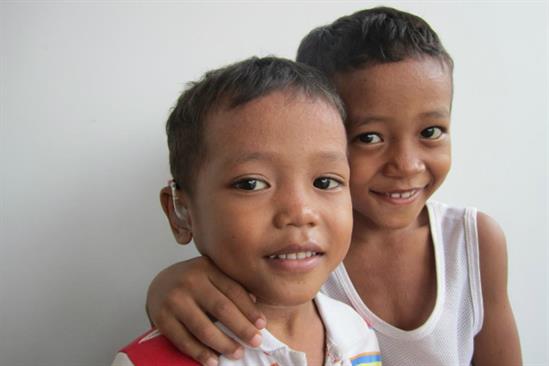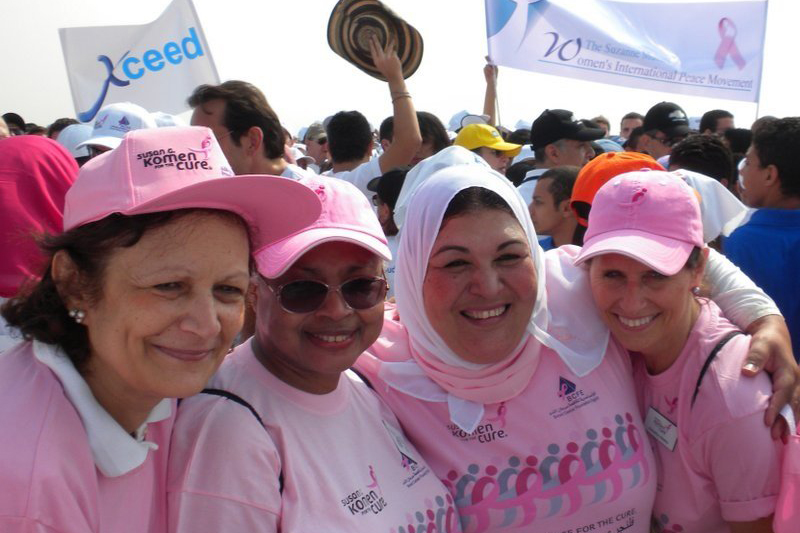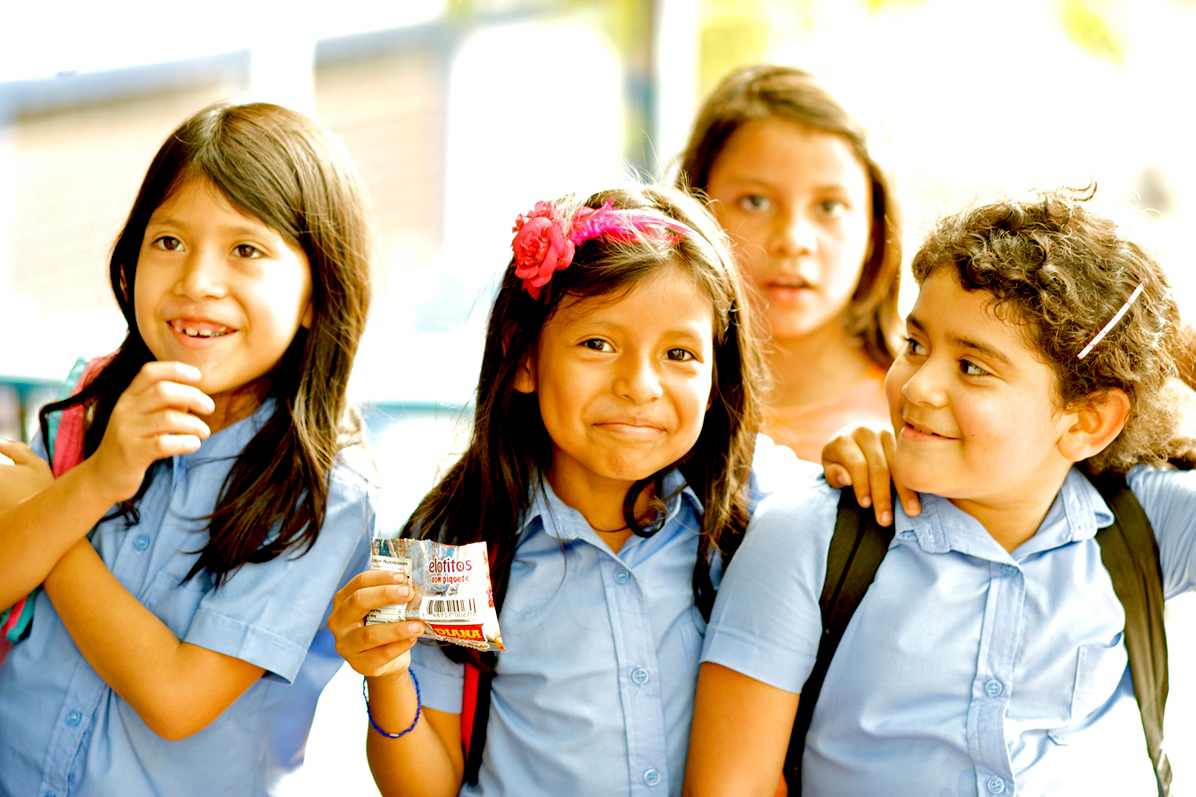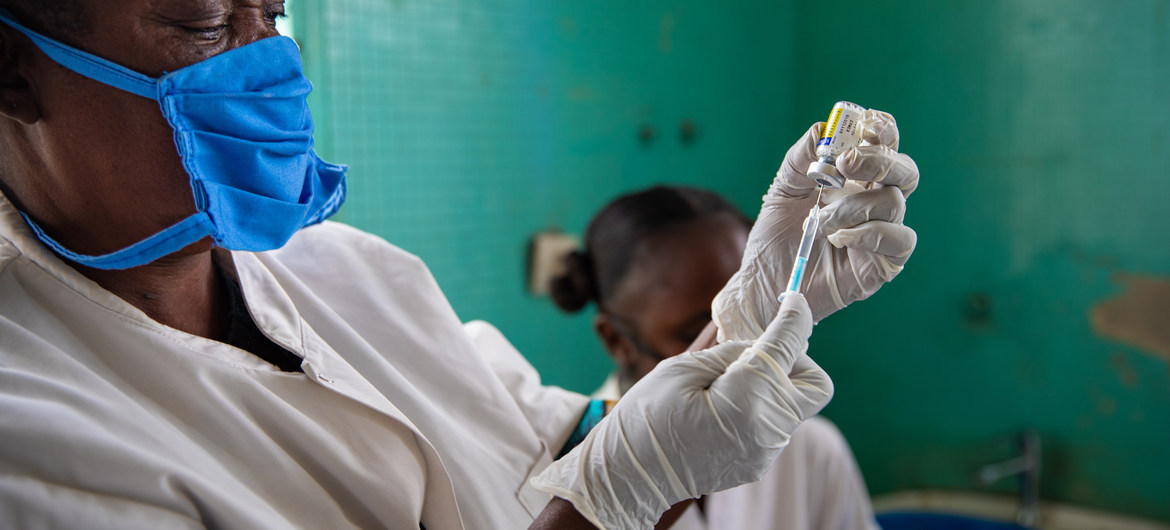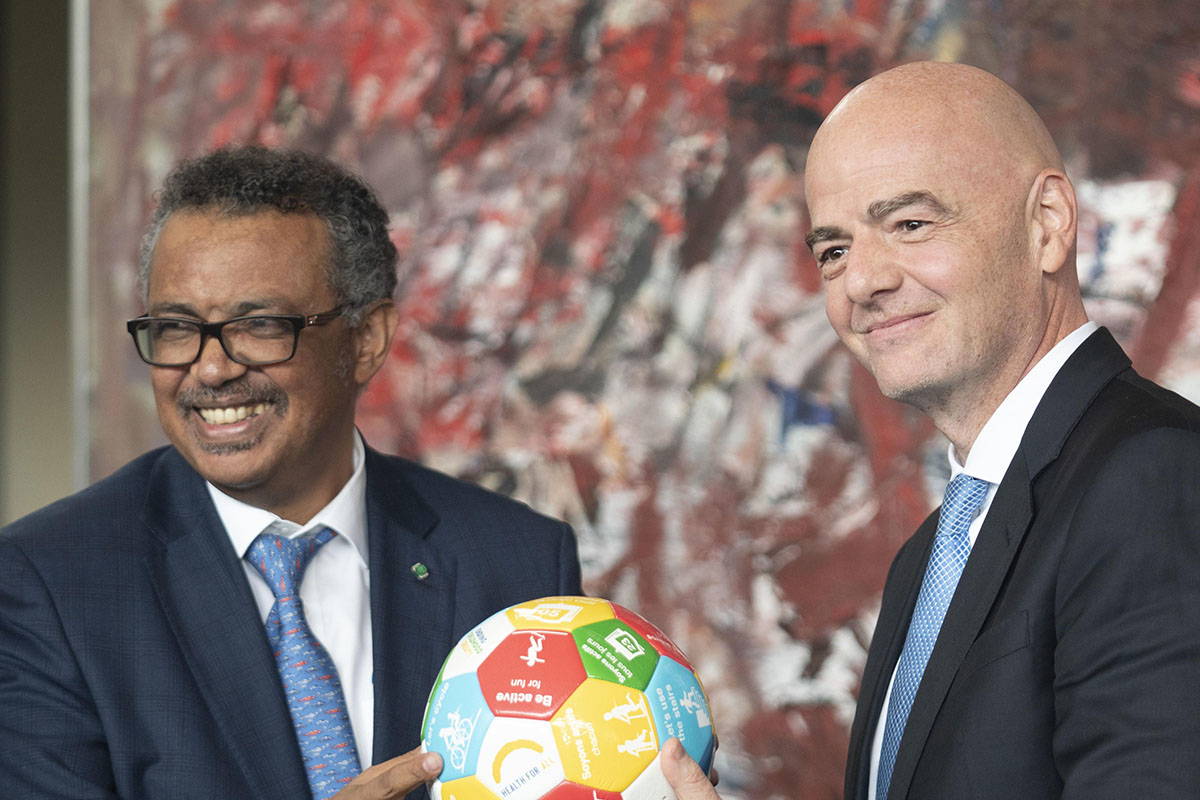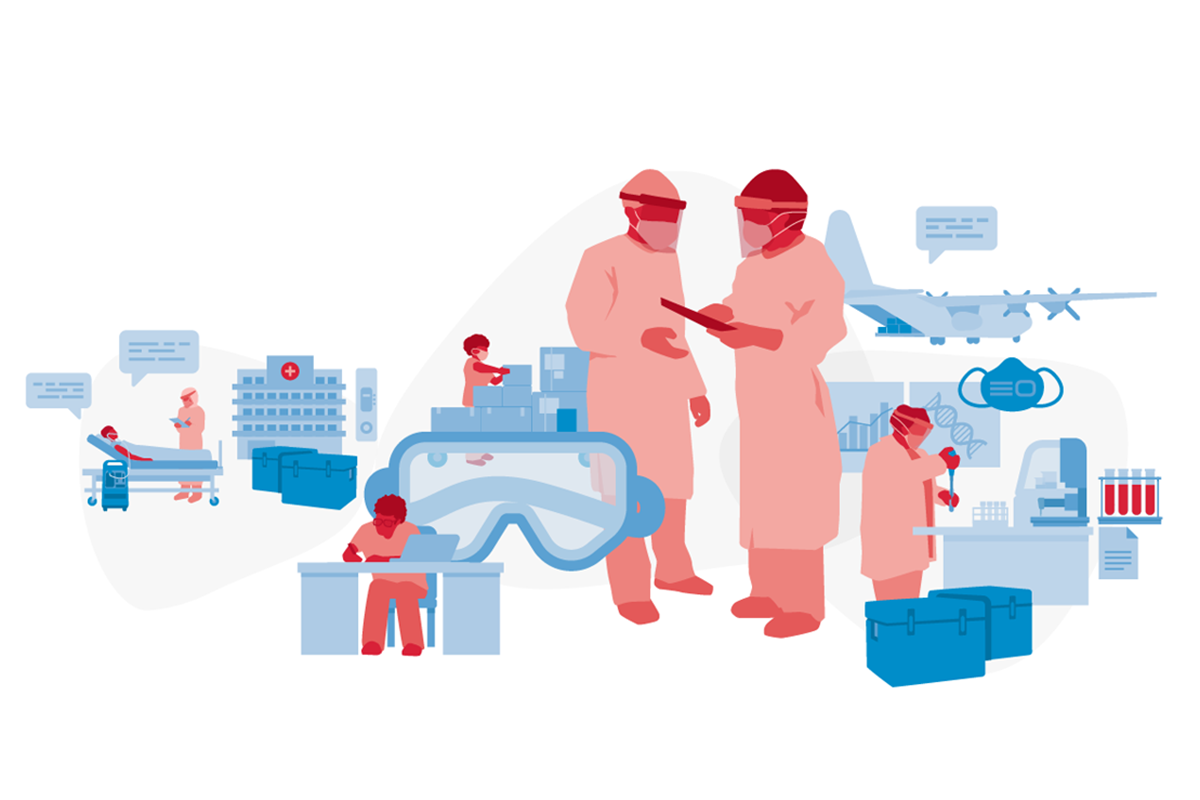For World Health Worker Week (5-9 April), let's call on policymakers to listen to health workers and then act for them. Health workers know best what they need to be safer, healthier, and more prepared to end the COVID-19 pandemic, prevent future disease outbreaks, and ensure access to essential services for their communities. This year, we are calling on your support and action to ensure that our health and care workforces are supported, protected, motivated, and equipped to deliver safe health care at all times, not only during COVID-19.
WHO
In an extraordinary demonstration of creative energy, the second edition of the WHO Health for All Film Festival has attracted nearly 1200 short film submissions from 110 countries.
Globally, 1.5 billion people live with some degree of hearing loss. Get the key facts on this condition.
New research from WHO and partners shows that the COVID-19 pandemic is severely affecting the quality of care given to small and sick newborns, resulting in unnecessary suffering and deaths. A study published in the Lancet EclinicalMedicine highlights the critical importance of ensuring newborn babies have close contact with parents after birth, especially for those born too small (at low birthweight) or too soon (preterm). However, in many countries, if COVID-19 infections are confirmed or suspected, newborn babies are being routinely separated from their mothers, putting them at higher risk of death and lifelong health complications.
Breast cancer survival rates in high-income countries far exceed those in low-income countries. The establishment of WHO’s new Global Breast Cancer Initiative follows a steady escalation in the recognition of breast cancer as a public health priority during the last decades. Through the Initiative, WHO, working in unison with other UN agencies and partner organizations, will provide guidance to governments on how to strengthen systems for diagnosing and treating breast cancer, which in turn is expected to lead to improved capacities to manage other types of cancer.
As the world rolls out COVID-19 vaccines, many people are asking what to expect – in particular, are these vaccines safe? The answer is yes, but here’s a bit more information you may find useful.
El Salvador becomes the first country in Central America to be awarded a certification of malaria elimination by WHO, following more than 50 years of commitment to ending the disease.
During the COVID-19 pandemic you may be asked to quarantine. This may cause worry or anxiety, and this is normal So take this time to take care of you. Reconnect with loved one, watch movies, read books. Exercise, make crafts or catch up on things you haven't had time for.
2021 has been designated as the International Year of Health and Care Workers (YHCW) in appreciation and gratitude for their unwavering dedication in the fight against the COVID-19 pandemic. WHO is launching a year-long campaign, under the theme – Protect. Invest. Together. It highlights the urgent need to invest in health workers for shared dividends in health, jobs, economic opportunity and equity. This year, we are calling on your support and action to ensure that our health and care workforces are always supported, protected, motivated and equipped to deliver safe health care.
As climate and commercial threats intensify, a new WHO-UNICEF-Lancet Commission calls for a radical rethink on child and adolescent health. The report, "A Future for the World’s Chil
5 February 2021 - The joint UN-led COVAX initiative aims to start shipping about 90 million doses of COVID-19 vaccines to Africa in February, the World Health Organization (WHO) said on Thursday. The immunization roll out will be the continent’s largest ever mass vaccination campaign.
FIFA teams up with WHO to promote the need for fair access to COVID-19 vaccines, treatments and diagnostics, to encourage life-saving measures and to stop the further spread of the virus.
Making vaccines, tests and medicines available can take a long time, even when there’s a health emergency like COVID -19. To ensure rapid access for all, the World Health Organization has developed the Emergency Use Listing - EUL - and this video explains how EUL works.
It was the scenario the public health community had feared for decades. A dangerous virus emerges and spreads rapidly around the world. COVID-19 infects people when they come together but coming together is also how we will beat it. 2020 saw the world unite against the virus, from small personal gestures to protect others, to international collaboration on research and innovation. The year ends with COVID-19 vaccines rolling out – an extraordinary feat. Science, solutions and solidarity have been WHO’s tools for addressing the biggest health threat of the past century.
Check out this animation and see how location, proximity and time can help you make safer choices when you're in an area of widespread COVID-19 transmission. Visit WHO for more information.

